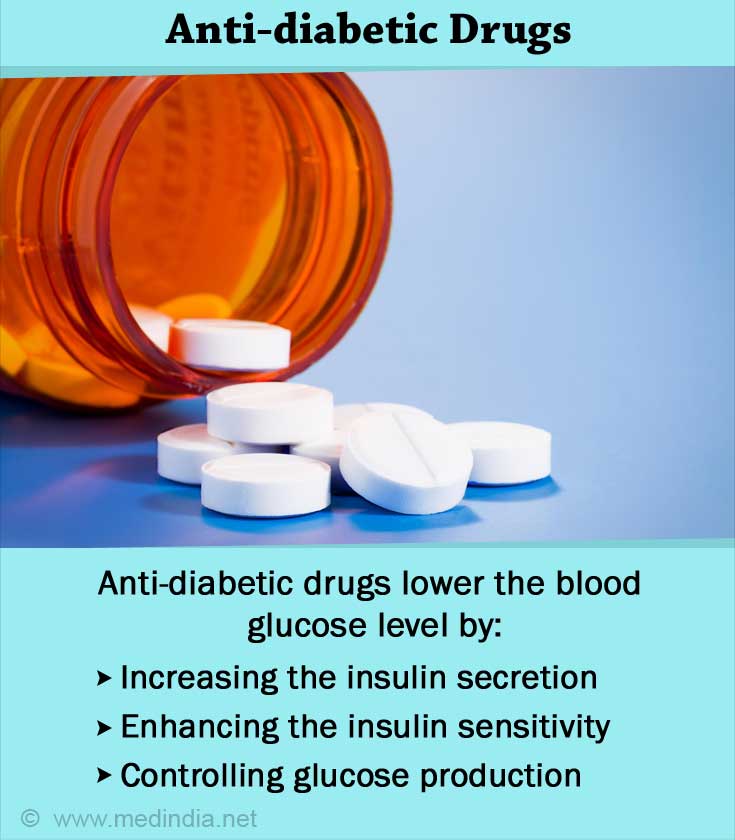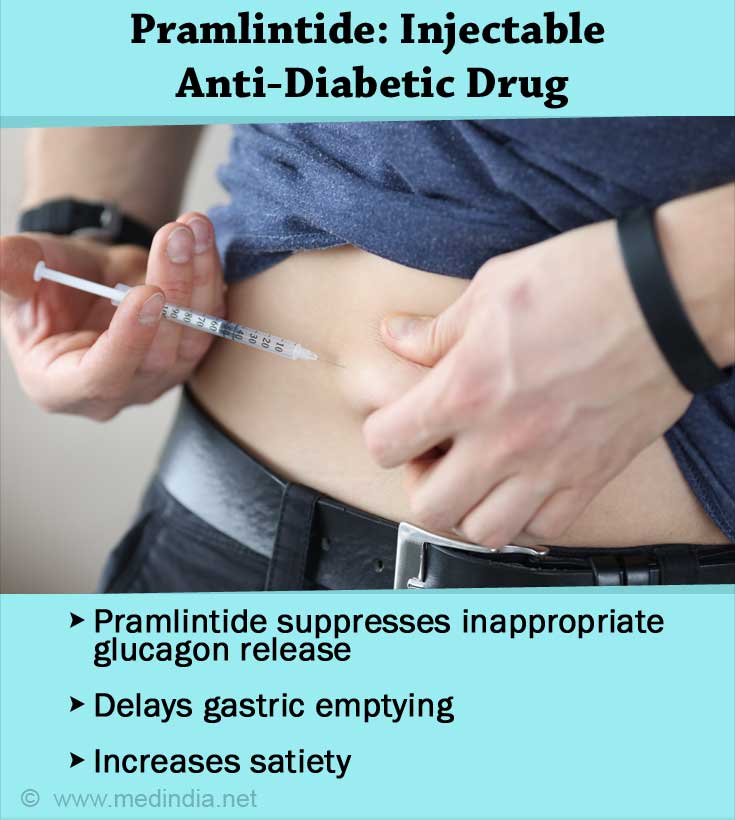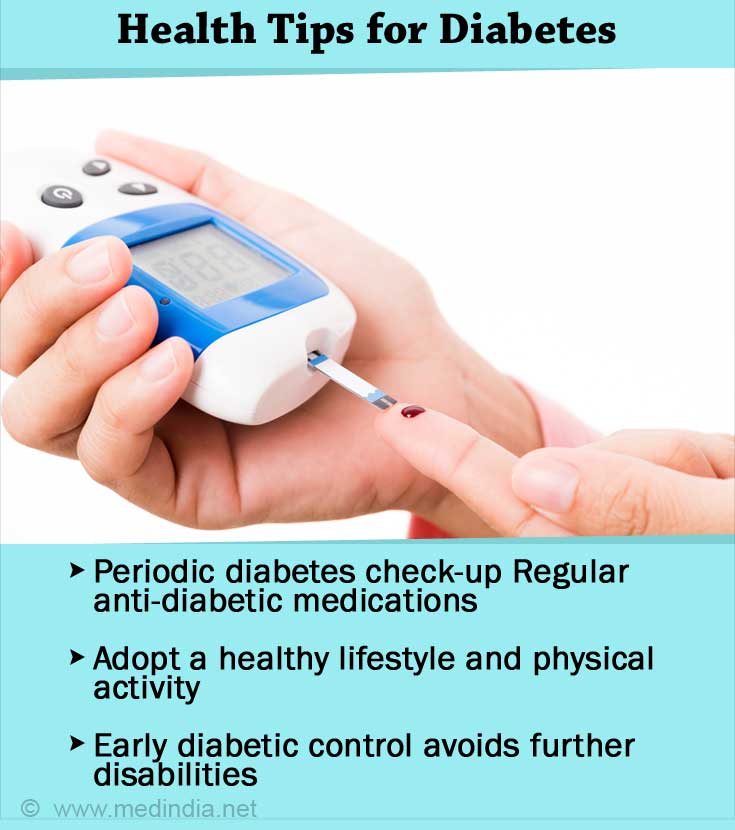- Katzung BG, Masters SG, Trevors AJ. Basic and Clinical Pharmacology.
- Kalra S. Sodium Glucose Co-Transporter-2 (SGLT2) Inhibitors: A Review of Their Basic and Clinical Pharmacology. Diabetes Ther. 2014 Dec; 5(2): 355–366.
- Guedes EP, Hohl A, Gomes de Melo T, Lauand F. Linagliptin: farmacology, efficacy and safety in type 2 diabetes treatment. Diabetology & Metabolic Syndrome 2013, 5:25 doi:10.1186/1758-5996-5-25.
- Deshmukh VS, Motghare VM, Padwal SL, Jaykare S, Patil J, Pise H. Newer drugs in the management of diabetes mellitus. Int J Basic Clin Pharmacol. 2013 Feb;2(1):4-11.
- Hahr AJ, Molitch ME. Management of diabetes mellitus in patients with chronic kidney disease. Clinical Diabetes and Endocrinology (2015) 1:2 DOI 10.1186/s40842-015-0001-9.
What is Diabetes?
Diabetes mellitus is a common condition that affects a large part of the population. In diabetes, the patient’s blood glucose is higher than normal. Recent research has proven that diabetes is a fairly complex condition with several mechanisms involved. Common mechanisms causing diabetes include:
- Insulin deficiency due to reduced secretion of insulin by the pancreas
- Inability of insulin to act on the target cells; this is referred to as insulin resistance
- Increased production of glucose by the liver
Patients with type 2 diabetes, who usually develop the condition at an older age, are often prescribed oral medications to treat their diabetes. These are called oral hypoglycemic drugs, in other words, drugs that reduce blood glucose levels. Some are given insulin injections in the later stages. This article gives an insight on why oral hypoglycemic drugs are prescribed and how they act.
How Do Oral Hypoglycemic Drugs Work?
Oral hypoglycemic drugs or oral diabetic medications or diabetes pills are of several types – drugs in each group act in a different way to bring about blood glucose control. Common mechanisms include:
- Increase in insulin secretion
- Reduction in glucose production by the liver
- Increase in sensitivity of tissues to insulin. This results in more glucose entering the tissues and thereby reduces the total amount of glucose in the blood
- Reduction in the absorption of glucose from the digestive tract, thereby reducing blood glucose
- Reduction in the release of glucagon. Glucagon is a hormone released by the pancreas that has the opposite effect of insulin (insulin lowers blood sugar). It releases glucose from the liver into the blood, thereby causing an increase in blood glucose level
- Prevention of the breakdown and therefore enhancement of the effects of hormones like ‘Incretins and Amylin.’ These hormones play an important role in lowering blood glucose levels
- Reduction in reabsorption of excess glucose from the urine. This results in excretion of excess glucose via the urine.
Some drugs act through more than one mechanisms.

Different Drugs and their Action
The main drugs used to treat type 2 diabetes beside insulin are listed below:
- Insulin secretagogues: The insulin secretagogues (English Secrete + Greek agôgos – means leading), as the name suggests, increases the release of insulin in the body. Insulin acts on the surface of body cells and allows the entry of glucose into the cells. Thus, the cells gets their energy from glucose to carry out various functions and the same time, the blood level of glucose decreases. One major problem with these drugs is in case of a high dose, they can bring about an excessive reduction in blood glucose, which may give rise to symptoms like fainting. These episodes of low blood sugar are called hypoglycemic episodes. Commonly used insulin secretagogues include the sulfonylureas (glyburide, glipizide, gliclazide and glimepiride), repaglinide and nateglinide.
- Sulfonylureas: The sulfonylureas like glyburide, glipizide, gliclazide and glimepiride are commonly used in type 2 diabetes patients. Glipizide is less likely to cause severe hypoglycemia as compared to the other sulfonylureas. Besides reducing insulin secretion, sulfonylureas may also act via additional mechanisms. They should not be prescribed in patients with liver and/or kidney disease.
- Repaglinide and Nateglinide: These drugs are used to control postprandial high glucose levels, that is, high glucose levels after a meal. They are taken just before meals. Nateglinide has a couple of advantages over other insulin secretagogues – it has a lower incidence of hypoglycemia and can be used in patients with kidney dysfunction.
- Metformin: Metformin is a relatively old and time-tested drug often used as the first choice in the treatment of diabetes. Though its exact mechanism of action is not known, it probably reduces blood glucose levels through mechanisms like reduction in glucose production by the liver. It does not cause release of insulin in the body; therefore, one of its major advantages is that it does not cause hypoglycaemia. In addition, it does not cause weight gain. The main side effects are gastrointestinal, which usually subside later during treatment. Deficiency of vitamin B12 may be noted. It should not be used in patients with kidney, liver or cardiopulmonary dysfunction.

- Pioglitazone: Pioglitazone is the only drug from a group called thiazolidinediones that is currently available for the treatment of diabetes. Pioglitazone increases the sensitivity of the tissues to the insulin in the body. This allows the glucose to enter the body cells, and thereby reduce the blood glucose levels. The other drugs from the group have been withdrawn due to side effects. Troglitazone caused liver damage, while rosiglitazone was associated with congestive heart failure. Pioglitazone does have a risk for weight gain, heart failure, fractures in women, and bladder cancer with long-term use. Therefore, it is not among the preferred drugs for diabetes.
- Alpha-glucosidase inhibitors: Acarbose and miglitol are drugs that belong to a group called alpha glucosidase inhibitors. They inhibit the enzyme alpha glucosidase in the small intestine, which helps in the digestion of complex carbohydrates like starch. Thus, they delay the digestion of the complex carbohydrates thereby reducing the amount of glucose absorbed and the postprandial blood glucose level. They are administered just before each meal. Since they act on the gastrointestinal tract, side effects are also related to gastrointestinal function and include abdominal pain, diarrhea and flatulence, which reduce with further treatment. Hypoglycemia can occur when they are administered along with sulfonylureas; this hypoglycemia should be treated with glucose and not sugar. These drugs should not be used in patients with inflammatory bowel disease or kidney disease. Acarbose should also be avoided in those with liver disease.
- Colesevelam hydrochloride: Colesevelam hydrochloride is a drug that is used as an additional therapy for patients who are not controlled adequately on other diabetes medications. It may reduce the absorption of glucose, though its exact mechanism of action is not known. Once taken orally, it remains in the digestive tract and is not absorbed into the blood. Side effects are mainly gastrointestinal like flatulence, diarrhea and indigestion. It should not be taken at the same time as other medications since it may prevent their absorption. It should also not be used in patients with digestive tract disorders, pancreatitis and hypertriglyceridemia.
- Dipeptidyl peptidase-4 inhibitors: A relatively newer group of drugs, sitagliptin, saxagliptin, linagliptin and alogliptin act by inhibiting an enzyme called dipeptidyl peptidase-4 (DDP-4).
The incretin hormones GLP-1 (glucagon-like peptide-1) and GIP (glucose-dependent insulinotropic peptide) decrease glucagon level and increase insulin secretion. Thus, they reduce blood sugar. Incretins are normally destroyed by the enzyme dipeptidyl peptidase-4 (DDP-4). Thus, by inhibiting this enzyme with medications, the blood level of incretins increases and the blood sugar is reduced.
Side effects include upper respiratory tract infection and inflammation, headache, hypoglycemia when combined with certain other diabetes medications, pancreatitis and allergic reactions. A newer drug vildagliptin is available in some countries.
- Selective sodium-glucose transporter-2 (SGLT-2) inhibitors: The SGLT-2 inhibitors act at the level of the kidney. They allow excessive glucose to be excreted via the urine. However, this action is seen only when the blood glucose rises above normal; they do not reduce the blood glucose levels below normal. Drugs in this group include canagliflozin, dapagliflozin and empagliflozin. The FDA has recently issued a warning that these drugs can cause a serious condition called diabetic ketoacidosis, which requires emergency treatment. Other possible adverse effects include dehydration, kidney problems, hypoglycemia when combined with other medications to treat diabetes, high cholesterol levels, and fungal infections in the urogenital tract due to increased urinary glucose concentration.
Injectable Anti diabetes drugs other than Insulin
Besides the oral antidiabetes drugs and insulin, there are some other drugs that are administered as injection. These include the amylin analogue pramlintide, and the glucagon-like polypeptide-1 (GLP-1) receptor agonists, exenatide and liraglutide.
- Pramlintide: Pramlintide is an analogue of amylin, another hormone secreted but the pancreas. It acts via several mechanisms like reducing glucagon release, delaying gastric emptying and reducing appetite. Pramlintide is not an oral hypoglycemic agent per se, since is given in diabetes patients as an injection in the abdomen or thigh. It is given along with insulin in a separate syringe just before meals.
Side effects include hypoglycemia, anorexia, nausea and vomiting.

- Glucagon-like polypeptide-1 (GLP-1) receptor agonists: The GLP-1 receptor agonists include the drugs exenatide, albiglutide, liraglutide and dulaglutide. These drugs increase insulin secretion in response to high glucose levels in the body, reduce glucagon secretion after a meal, slow gastric emptying and reduce appetite. Exanatide is administered as an injection an hour before meals. Liraglutide is long acting and can be administered once a day.
Side effects include headache, nausea, diarrhoea, hypoglycemia when given with sulfonylureas, and pancreatitis. These medications should not be given to patients taking insulin. These drugs should not be given to patients with a history of thyroid cancer or multiple endocrine neoplasia type 2, or with a family history of the same.
Albiglutide and dulaglutide can be administered once a week.
In addition to the above drugs, the drug bromocriptine has also been approved for the treatment of type 2 diabetes since it plays a role in maintaining blood glucose level.
Initiating a Patient in Oral Hypoglycemic Agents (OHA)
Treatment for type 2 diabetes is usually started with an older agent. The older drugs have been time tested. Newer drugs are often added to the older drugs to bring about better control in those who do not respond completely. Some newer drugs are associated with side effects. Since diabetes is a life-long disease, unless further information is available about their long-term safety, these drugs will not be preferred as the initial agents.
The most common drug to begin treatment is metformin. The dose is increased till the required glucose level is achieved. If the required glucose level is not achieved or if the patient develops side effects to the higher dose, a second drug is added.
Why are Combination Drugs Used?
Combination of drugs in diabetes is sometimes necessary. Drugs that act by different mechanisms can bring about an additional effect. Thus, the combination can help control blood glucose levels in those whose blood sugar cannot be controlled with a single medication.
Why use Insulin with Drugs?
Patients who do not achieve good control of blood sugar despite taking multiple oral antidiabetic drugs are prescribed insulin for additional effect. Initially, the insulin is administered at bedtime. If control is still not achieved, the patient should be shifted to regular insulin therapy.
Insulin is also used to replace the oral hypoglycemic drugs in emergency conditions like surgery or severe infections.
Important Health Tips for Diabetes
- The importance of diet control and exercise in a diabetes patient should not be underestimated. Even if you are taking antidiabetes medications, these measures will help to keep your dose at the minimum.
- Get yourself a regular check-up for complications of diabetes. If they can be controlled in the early stages, you may be able to avoid disability due to diabetes.

- If you feel your medications are causing low blood sugar, do not hesitate to take glucose. An urgent visit to your health care provider should be fixed to monitor your blood glucose levels and adjust your medication intake.










